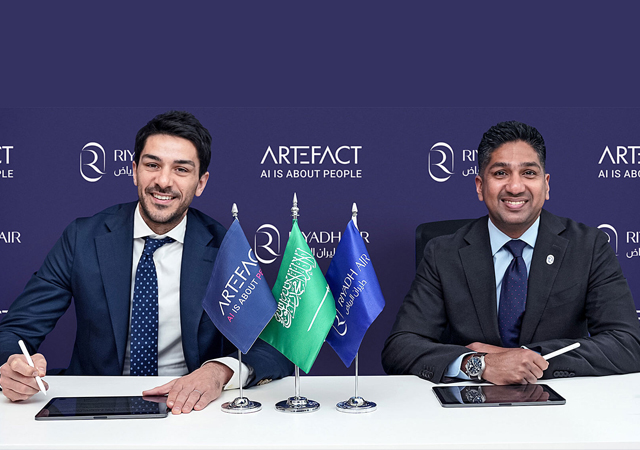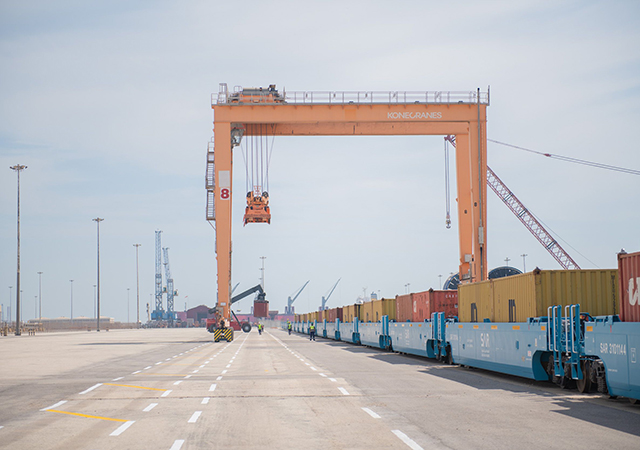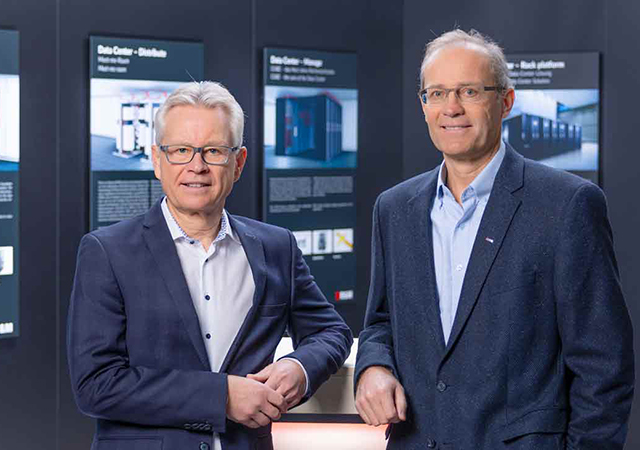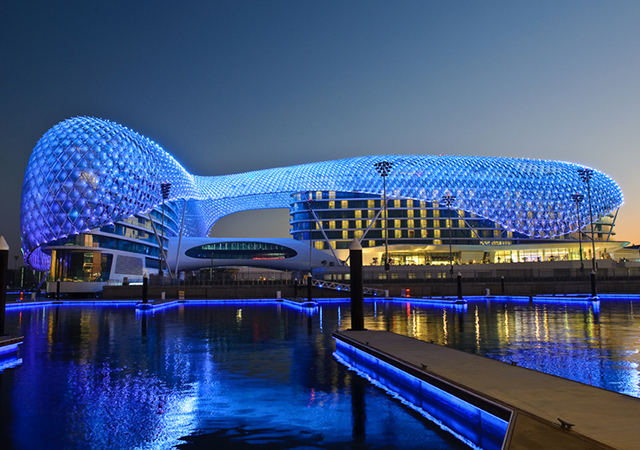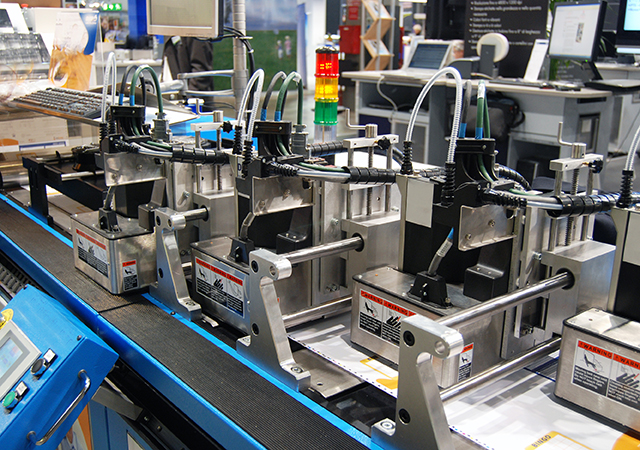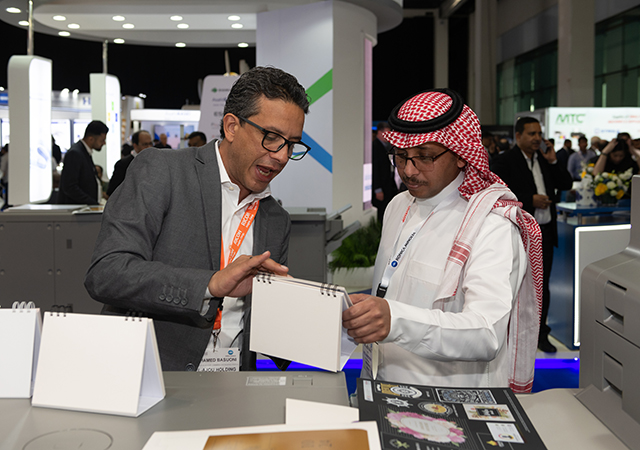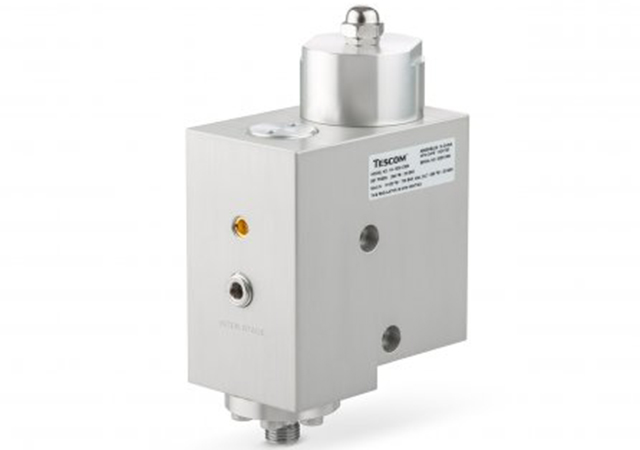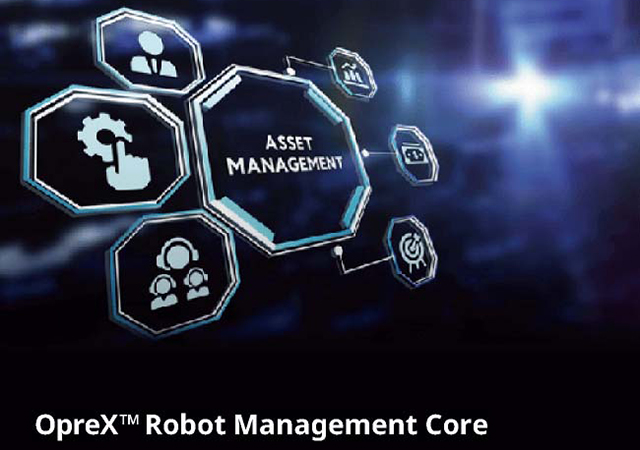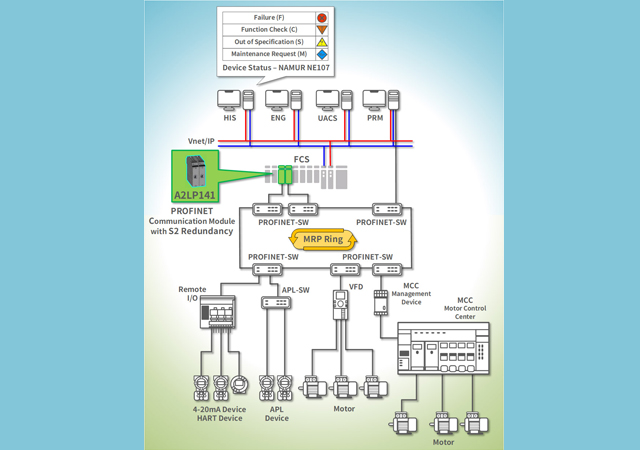
 ArcelorMittal is interested in investing in Indonesia’s steel sector.
ArcelorMittal is interested in investing in Indonesia’s steel sector.
ArcelorMittal SA, the world’s largest steel-maker, will be able to fund its planned investment in Indonesia of up to $10 billion internally, a senior company executive told Reuters.
The firm hoped to finalise the Indonesian investment within a matter of “weeks and months,” Ondra Otradovec, vice president and co-head of M&A at ArcelorMittal, said.
ArcelorMittal had said recently that it was looking to invest between $5-10 billion in Indonesia as it tapped into the country’s steel and mining sector.
“No we are able to finance that from our own internal funds,” said Otradovec when asked what funding arrangements it was putting in place.
As part of its investment plans for Southeast Asia’s top economy, ArcelorMittal has proposed an iron ore and coal mining joint venture with local mining firm PT Aneka Tambang Tbk and a joint venture with state-owned steelmaker PT Krakatau Steel to develop a new steel plant in Java.
“We are prepared to move extremely quickly. We are however dependent upon our partners at Krakatau steel and within the government,” said Otradovec, who was speaking from London in a telephone interview.
“So as soon as the government is prepared to discuss with us in more detail our proposal and our intention we can engage very quickly,” he added.
ArcelorMittal, which accounts for about a tenth of world steel output, has also said it is interested in buying a stake in Krakatau Steel, even if it is below 50 per cent.
Krakatau Steel, Indonesia’s sole producer of hot-rolled steel coil and cold-rolled steel coil, produced 1.8 million tonnes of steel products in 2007, or 30 per cent of Indonesia’s total steel demand at 6 million tonnes.
The government wants to retain a majority stake in the firm, but ArcelorMittal’s expertise could help Krakatau catch up with growing domestic steel demand in Indonesia.
“The plant has not been producing up to its full capacity and we believe there are some constraints that we can help remove to improve the production,” Otradovec said, adding that an optimum capacity would be 4-5 million tonnes a year.
The head of ArcelorMittal, Lakshmi Mittal, branched out from working with his father in a steel mill in Calcutta to set up his own steel plant in Indonesia in 1976, using cheap labour and state-of-the-art technology.
But besides the historic aspects of the investment, ArcelorMittal is also eyeing the rich natural resources in Indonesia, home to some of the world’s top mines and among the top producers of coal, natural gas and palm oil.
Indonesia has not, however, seen major new foreign investment for years due to issues such as graft, a confusing regulatory environment and labour laws regarded by some as onerous.
Otradovec said the firm was not concerned about the investment environment and the market was attractive, particularly given the relatively low local consumption of steel per capita.
“Certainly from the steel industry point of view the upside in terms of consumption of steel is very significant,” he said.
ArcelorMittal is one of a number of firms — including Australia’s BlueScope Steel Ltd and India’s Tata Steel — interested in Krakatau, which is on a list of government firms to be privatised.
Any stake sale has to be approved by parliament.


